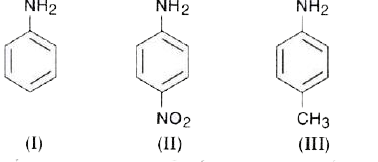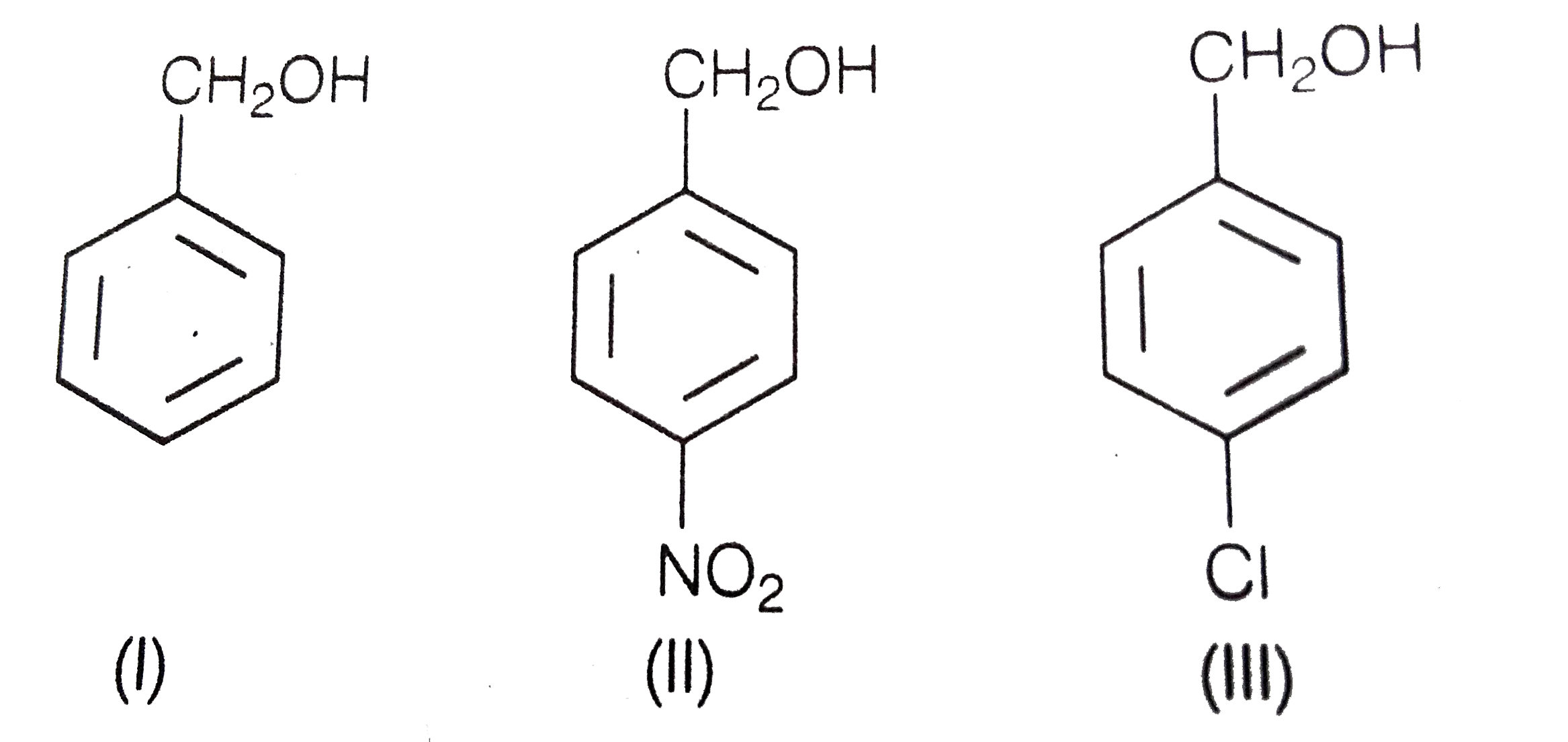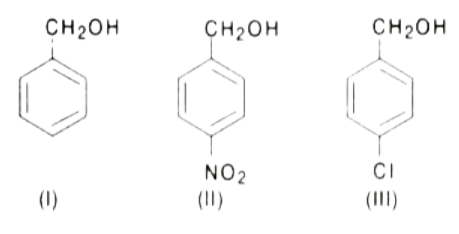The correct increasing order of trans-effect of the following species is
NH3>CN−>Br−>C6H−5
CN−>C6H−5>Br−>NH3
Br−>CN−>NH3>C6H−5
CN−>Br−>C6H−5>NH3
The correct Answer is:B
To determine the correct increasing order of trans-effect for the given species, we need to understand the concept of trans-effect in coordination chemistry, particularly in square planar complexes. The trans-effect refers to the influence of a ligand on the rate of substitution of another ligand that is positioned trans (opposite) to it.
1. Understanding Trans-Effect:
- The trans-effect is the ability of a ligand to influence the substitution reaction of another ligand that is positioned trans to it in a square planar complex.
- Ligands can be classified based on their trans-effect strength, which can be influenced by their electronic properties (e.g., whether they are strong field ligands or pi-acceptors).
2. Referencing the Trans-Effect Strength Table:
- A commonly referenced order of trans-effect strength for various ligands is as follows:
- NO⁺ > CO > CN⁻ > C₂H₄ > C₆H₅ (phenyl) > NO₂ > I⁻ > SCN⁻ > Br⁻ > Cl⁻ > Py > NH₃ > OH⁻ > H₂O
- This table indicates that ligands like NO⁺ and CO have a strong trans-effect, while ligands like H₂O have a weak trans-effect.
3. Analyzing the Given Options:
- We need to compare the ligands in each option with the established trans-effect order.
- Option 1: NH₃, CN⁻, Br⁻, C₆H₅
- Incorrect: C₆H₅ should be after Br⁻.
- Option 2: CN⁻, C₆H₅, Br⁻, NH₃
- Correct: CN⁻ is stronger than C₆H₅, which is stronger than Br⁻, and NH₃ is the weakest among these.
- Option 3: Br⁻, CN⁻, NH₃, C₆H₅
- Incorrect: C₆H₅ should be before Br⁻.
- Option 4: CN⁻, Br⁻, C₆H₅, NH₃
- Incorrect: C₆H₅ should be before Br⁻.
4. Conclusion:
- The only option that reflects the correct increasing order of trans-effect is Option 2: CN⁻, C₆H₅, Br⁻, NH₃.
Final Answer:
The correct increasing order of trans-effect of the given species is: CN⁻ < C₆H₅ < Br⁻ < NH₃ (Option 2).
- The trans-effect is the ability of a ligand to influence the substitution reaction of another ligand that is positioned trans to it in a square planar complex.
- Ligands can be classified based on their trans-effect strength, which can be influenced by their electronic properties (e.g., whether they are strong field ligands or pi-acceptors).
- A commonly referenced order of trans-effect strength for various ligands is as follows:
- NO⁺ > CO > CN⁻ > C₂H₄ > C₆H₅ (phenyl) > NO₂ > I⁻ > SCN⁻ > Br⁻ > Cl⁻ > Py > NH₃ > OH⁻ > H₂O
- This table indicates that ligands like NO⁺ and CO have a strong trans-effect, while ligands like H₂O have a weak trans-effect.
- We need to compare the ligands in each option with the established trans-effect order.
- Option 1: NH₃, CN⁻, Br⁻, C₆H₅
- Incorrect: C₆H₅ should be after Br⁻.
- Option 2: CN⁻, C₆H₅, Br⁻, NH₃
- Correct: CN⁻ is stronger than C₆H₅, which is stronger than Br⁻, and NH₃ is the weakest among these.
- Option 3: Br⁻, CN⁻, NH₃, C₆H₅
- Incorrect: C₆H₅ should be before Br⁻.
- Option 4: CN⁻, Br⁻, C₆H₅, NH₃
- Incorrect: C₆H₅ should be before Br⁻.
- The only option that reflects the correct increasing order of trans-effect is Option 2: CN⁻, C₆H₅, Br⁻, NH₃.
The correct increasing order of trans-effect of the given species is: CN⁻ < C₆H₅ < Br⁻ < NH₃ (Option 2).
Similar Questions
Knowledge Check
- Question 1 - Select One
Choose the correct increasing order of density of the following compounds.
AC3H7Cl<C3H7i<CH2Cl2<Cl2BC3H7I<C3H7Cl<CH2CL2<Cl4CC3H7i<C3H7Cl<Cl4<CH2Cl2DCCl34<CH2Cl2<C3H7i<C3H7Cl - Question 2 - Select One
What is the correct increasing order of the pH of the following solutions with equal concentrations?
AHCl<NaOH<CH3COOHBHCl<CH3COOH<NaOHCNaOH<HCl<CH3COOHDCH3COOH<NaOH<HCl - Question 3 - Select One
The correct increasing order of basic strength for the following compound is
 AII lt IIIlt IBIII lt Ilt IICIII lt IIlt IDII lt I lt III.
AII lt IIIlt IBIII lt Ilt IICIII lt IIlt IDII lt I lt III.
Mark the correct increasing order of reactivity of the following compounds with HBr/HCl.
 View Solution
View SolutionMark the correct increasing order of reactivity of the following compounds with HBr/HCI.
 View Solution
View SolutionMark the correct increasing order of reactivity of the following compounds with HBr/HCl.
 View Solution
View SolutionCorrect increasing order of osmotic pressure for the following is
View SolutionThe correct order of increasing bond angles in the following species is
View Solution


